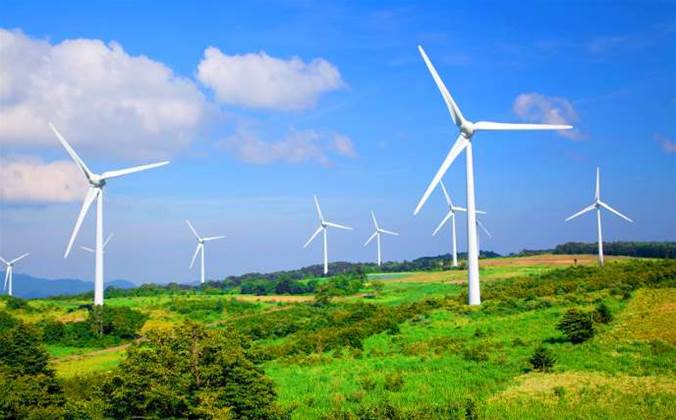Ambitious decarbonisation and net-zero goals are being set by companies globally, however the early stages of carbon-offset markets has led to confusion and greenwashing accusations for many.

An article by Bain and Co. titled “Four Myths about Carbon Offsets”, by Torsten Lichtenau, Dale Hardcastle, Allister Furey, and Henning Huenteler, details common misconceptions and their implications for leaders going forward.
1. Offsets are greenwashing
Carbon offsets are not greenwashing as long as they represent additional decarbonisation to balance a company’s carbon emissions.
When offsets are an aspect of a broader, science-based decarbonisation strategy, they serve as a significant contribution to a company’s efforts to reach net zero.
“While validation of offset projects needs to improve, these purchases aren’t greenwashing if they represent real carbon capture and form a complementary lever for companies to reach net zero, beyond the decarbonisation of their own operations and value chains,” say the authors.
2. Carbon offsets are unique and too complex to behave like other markets
The carbon-offset markets are young and developing, however the authors say that they are likely to evolve into mature trading systems, in line with other financial and commodity markets.
Constantly monitoring critical signposts of change while remaining flexible and diligent on frequent strategic corrections is encouraged by Bain and Co. while demand for these markets will drive more rigid structures.
3. Offset projects that remove carbon are always better than those that simply conserve existing resources or avoid new emissions.
While markets are still standardising, and every carbon project is different, diligent analysis of risks and benefits of each project is necessary.
“Stricter and more specific project standards and governance will help improve the integrity of offsets. But in a maturing market environment with increasing levels of standardisation, buyers should also take a proactive approach to assess the quality of potential investments,” the authors say.
4. Capital inflows will help scale markets quickly
The supply of offsets is tightening, according to Bain and Co., meaning that there will be a shift from a buyers’ market into a sellers’ market.
Due to increasingly constrained markets, companies should consider a range of participation options to secure supply in increasingly constrained markets.
Relying solely on the market to solve supply crunches will leave many companies at risk of higher prices and low inventory, meaning that action should be taken as soon as possible.
As companies form decarbonisation strategies, a deep understanding of the offsets market must be developed, and innovative solutions must be sought.
“To make informed decisions, companies need data and analysis that goes beyond the spotty data that’s publicly available, so they can form a more comprehensive picture of carbon-offset quality and market forces,” the article says.
“With that data, companies can make informed choices about offsets, including the associated risks, and how to mitigate them. Finally, most companies will integrate offsets into their broader decarbonization and ESG strategies, which may include building up new capabilities for securing and developing offset projects.”


_(22).jpg&h=140&w=231&c=1&s=0)
_(20).jpg&h=140&w=231&c=1&s=0)
.png&h=140&w=231&c=1&s=0)
_(28).jpg&h=140&w=231&c=1&s=0)



_(26).jpg&w=100&c=1&s=0)

 iTnews Executive Retreat - Security Leaders Edition
iTnews Executive Retreat - Security Leaders Edition












_(1).jpg&h=140&w=231&c=1&s=0)



